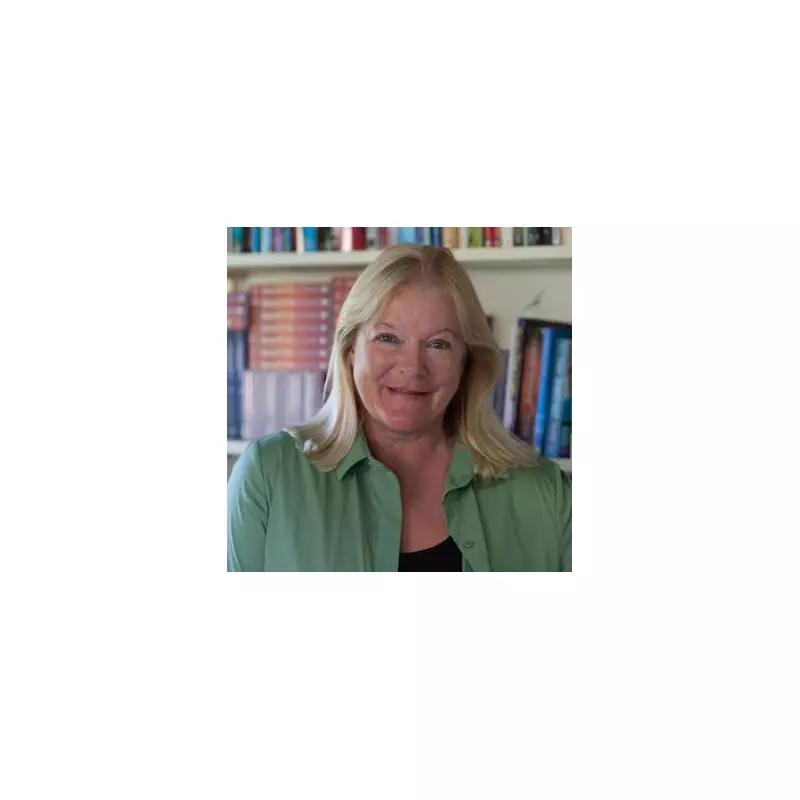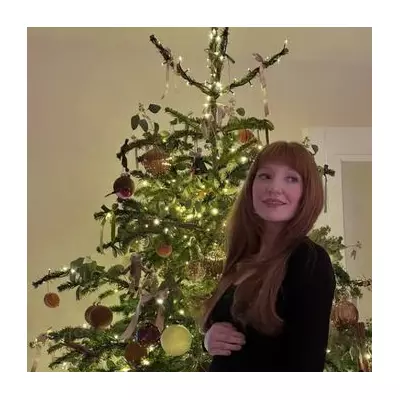
In a profoundly moving account of her vocation, a dedicated 'soul midwife' has opened up about her sacred role in guiding individuals through their final days, offering a unique blend of spiritual and practical support that transcends traditional medical care.
Unlike medical professionals focused on treatment, a soul midwife provides holistic, non-medical care for the soul. Their mission is to alleviate the fear and loneliness often associated with dying, creating a space for peace and acceptance. This compassionate practice focuses on the emotional and spiritual well-being of the individual, ensuring they do not feel alone.
What Does a Soul Midwife Actually Do?
The role is incredibly varied and deeply personal. It can involve simply sitting in quiet companionship, holding a hand, or listening to a lifetime of stories. Practitioners might help create a 'vigil plan' for the final hours, facilitate healing through touch or sound therapy, or help resolve unresolved issues with loved ones.
It's about empowering the dying person to have the death they wish for, whether that involves specific music, readings, or the presence of particular people. The core principle is that every individual has the right to die with dignity, free from pain and fear, surrounded by compassion.
A Calling Born from Personal Experience
For many who enter this field, the calling comes from a personal encounter with loss. Witnessing a poorly managed or frightening death of a loved one often sparks a desire to ensure others have a different, more positive experience. This deep-seated empathy is the foundation of their work, driving them to offer the comfort they felt was missing.
The Growing Need for Holistic End-of-Life Care
As society becomes more open to discussing death, the demand for alternative end-of-life support is growing. Soul midwives work alongside fantastic NHS palliative teams, filling the gaps with their unique, non-clinical approach. They provide invaluable support not just to the dying, but also to exhausted families, helping them navigate this challenging time.
This practice champions the idea that death is not merely a medical event to be managed, but a profound human experience to be honoured. It is a return to ancient traditions of community care, reminding us that no one should have to make their final journey alone.





